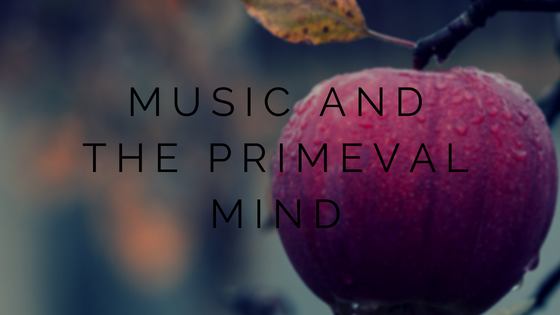Learn a finite number of words, and you can create a seemingly infinite number of sentences. Let’s take the English language, for example. Given that there are approximately 500,000 words in this language, there are about 10570 unique, possible sentences that one could utter. And while 10570 is not infinite in the strict sense (it is, however, far greater than the number of atoms in the observable universe), it is far more than could be uttered given the relatively short lifespan of a language (and far more than any individual could utter).
The same can be said about music. Learn a finite number of chords, and you can create a seemingly infinite number of songs. Every musician is familiar with the I, VI, V sequence. And even if you aren’t, you’ve undoubtedly been exposed to its simplistic wonder. This progression has gifted everyone from Bach to Bruce Springsteen with musical pieces that both remind and reinvigorate. And while the parallels between music and language are often drawn, the fact that we know much less about the evolutionary purpose of the former stands true even to this day.
We know music conjures something deep within us; but why? We know it reminds us of the ‘good old days’ while simultaneously serving as a conduit to them; but why? We know we love music; but why?
The reason for why we have music is largely debated, with no real consensus amongst evolutionary psychologists. But we will leave the reason for why we have music for a later date, and instead, take a peek behind the curtain and explore why it has meaning in our lives.
Music as an Image of the Self
It’s helpful to think of music as a flower. Much in the same way a lotus flower or a rose unfolds upon itself, music embodies the same pattern of life—but it does so to a much greater degree. Music is an unfolding of sorts, and we know this to be empirically true. Anyone who has experienced an intense, spirit-lifting moment in music is aware of the innate relationship between the human mind and music. Much in the same way we journey through our day, our career, and our life, music mirrors this travel through its structure. It’s helpful to think of it in the following manner:
verse (birth), pre-chorus (adolescence), chorus (adulthood), bridge (the tension of middle age and the world we desire vs. the world that is), and ending (the resolution of a life lived).
Music is innately transcendent because it is intrinsically human. And while some wish to rid music of its spiritual elements in an attempt to relinquish it of any pseudo-mystical aura, the power of music cannot be argued. It is, as many posit, something akin to the Kingdom of Heaven, which you can think of as being in the ‘right place at the right time.’
Whether the medium through which we produce the message of music arose due to strictly evolutionary, utilitarian means, the spirit that it manifests is, in the most real sense, real. Music shows us to ourselves, and it mirrors the trajectory of the universe—increasingly complex and astoundingly beautiful, yet simple enough for the youngest and most illiterate to enjoy.

